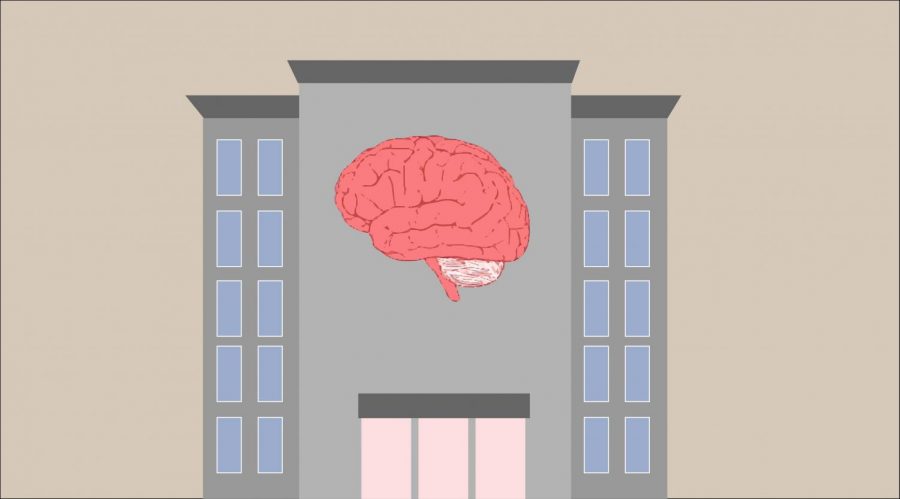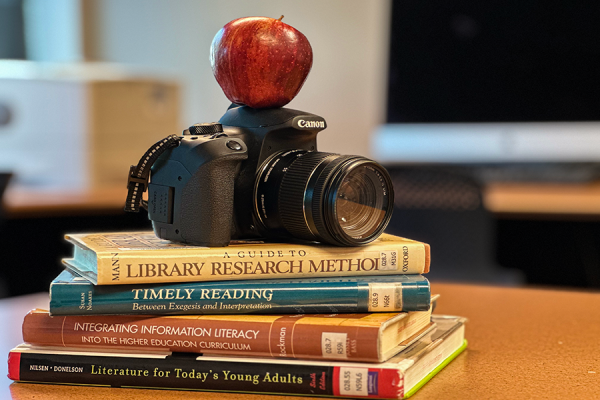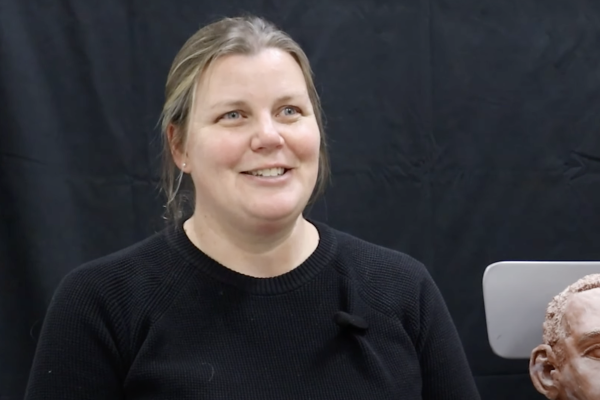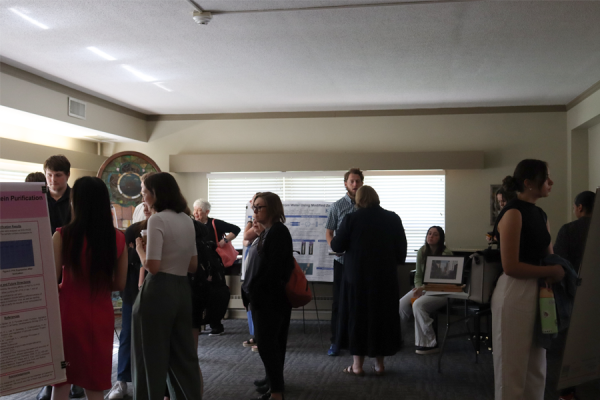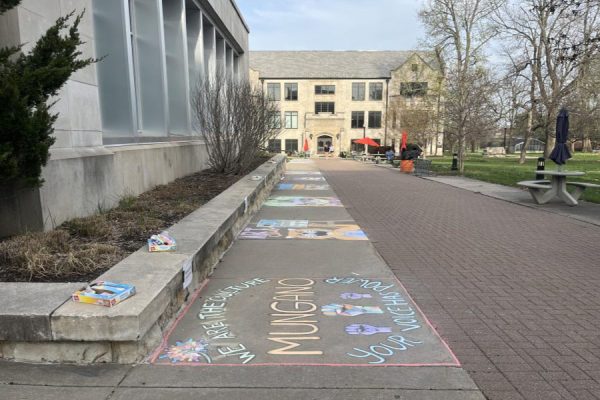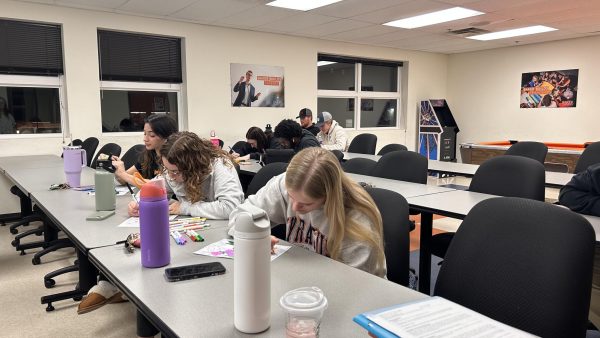New grant proposal aims to aid student mental health
Baker University is in the process of applying for a new government grant that would enhance the campus’ mental health services.
According to McAllister and Quinn, the University’s consulting company, the grant aims to do four important things: enhance mental health services for all college students–including those at risk for suicide and substance use disorders, prevent mental health and substance use disorders, promote help-seeking behaviors and reduce negative public attitudes and improve the identification and treatment of at risk students so they can successfully complete their studies. This grant would be for $102,000 yearly for three years.
Director of Counseling Services and Licensed Psychologist Tim Hodges said the focus will be primarily on prevention, education, and awareness. “It would bring us another staff member, which would make a huge difference,” he said. “In the past couple of years our counseling visits have increased by 35 percent.”While it is good that students are seeking help, it has put a strain on the counseling center.
“I am the only full time Baker staff person and I have three graduate students I supervise,” he said. “We are beginning to have a waiting list, which hasn’t happened before.”
A new full time staff member would eliminate the waiting list and allow students to be seen more quickly and efficiently.
“It has been a challenge to see everyone we need to see, so having another staff member would be a huge help,” he said.
The grant and new staff member would also allow for more money and time for prevention and awareness programming.
One of the additions the grant would bring would be a mindfulness center for students to utilize in their free time.
“We are wanting to have a couple of chairs where students can get some neurofeedback and have some programs that students can use to learn how to destress,” he said.
Senior Amber Ketchum thinks it is important for students to have mental health resources available to them.
“Our mental health affects us every day of our lives,” she said, “and having the ability to learn about it now would allow us to deal with it better in the future.”
Transitioning to college can be hard on students’ mental health, and once students are enrolled they can suffer from increased stress due to procrastination or overcommitment.
“I have a tendency to stress a lot because I like to take on more than I probably should,” Ketchum said. “I sometimes struggle to say no to people.”
Students are typically involved in more than just classes, which plays a part in their mental wellbeing.
“Most of us aren’t just going to classes,” she said, “we are involved in music, athletics, and on campus organizations. We are also held to a high standard by our professors.”
Ketchum said she manages her mental health by ensuring she makes time for herself.
“I make sure that I’m eating three times a day, preferably healthy,” she said. “I also take 30 minutes out of every day and do something for myself. This could be watching tv or reading a book.”
Ketchum said she believes Baker does a good job of providing information and opportunities for mental health awareness, but that she would still like to see more counselors available to students.
“I think it would alleviate some of the stress from the counseling center and allow us to have better options for counseling on campus,” she said.
Senior Chloe Rodenbeek said Baker has a variety of services and people available to help students with their mental health needs, but that there is always room for improvement.
“I think Baker is doing a good job of providing services, but the subject is so taboo that it makes it difficult,” she said.
It is important that conversations surrounding mental health are being had frequently.
“We know that the health services are there,” she said, “but it needs to be clear to students how to get there, and what services are provided.”
It is important that students understand how easy it is to use the mental health services that Baker provides. “There really aren’t many expectations students have to meet other than being willing to show up and have an open and honest conversation,” she said.
Rodenbeek said there are students on campus who are struggling with their mental health who just don’t realize those services are there to help them.
“If the student doesn’t know that there are people on campus who want to help better them, then neither the student nor the professional is benefitting,” she said.
A more intimate approach to mental health training could be imperative to mental health awareness.
“We have health services come at the beginning of the semester to talk with students in a large group,” she said, “but a more personal conversation in the sorority houses or dorms may help the information not be overlooked.”

Megan is a senior Public Relations And Spanish double-major from Paola, KS. She is involved in Alpha Chi Omega and the Baker Band. Megan enjoys writing...


